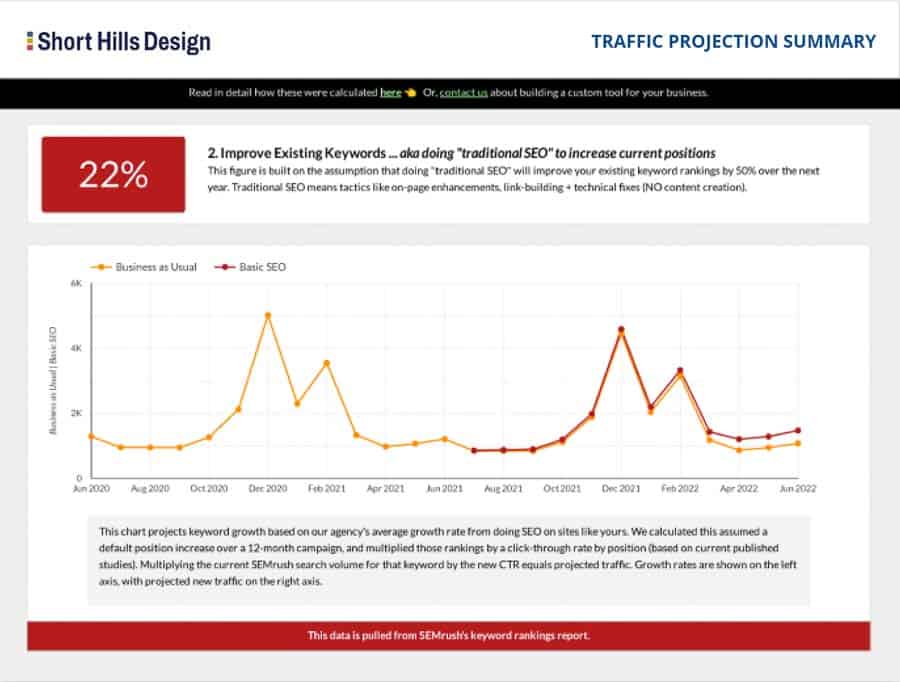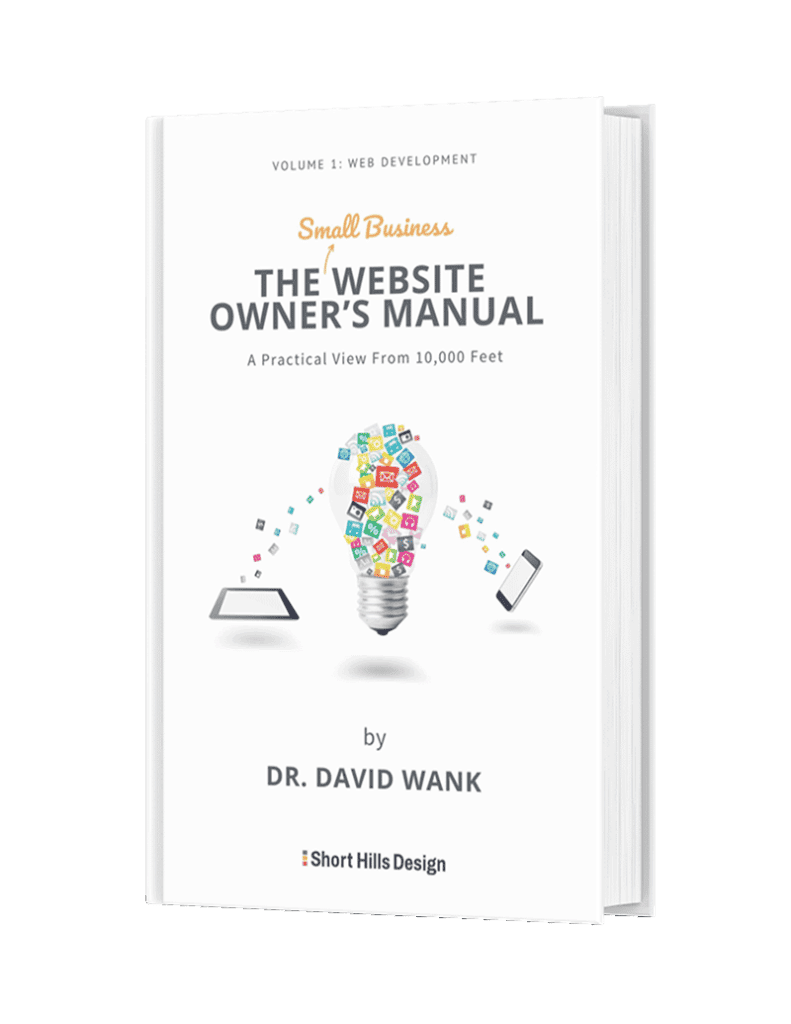1. We all know that one of the most important factors in determining a web page's ranking (remember we rank pages, not sites) is the number of and quality of links TO that page. So if you have a page about dental implants, and the "ABC Implant Company" links to your implant page, that's a good thing.
2. It has been mentioned that anchor text is less important these days, but it still cant hurt. Let's take a hypothetical look at an example link from "ABC Implant Company" to Dr. Smith's website -- the anchor text is underlined in these examples:
A. Dr. Smith is a dentist who places implants in anytown USA and you can visit his website here.
B. Dr. Smith is a dentist who places implants in anytown USA and you can visit his website here.
Note that while both links FROM the implant company's webpage TO Dr. Smith web page are good, example B. is better because the link text -- the anchor text -- has keywords in it (let's assume that it's a well researched keyword for this example).
One good way to get links back to your website (backlinks) has historically been to leave a RELEVANT comment on a blog post made on another site with a link back to your site.
For example, if a company has a blog post introducing their new panorex machine, and you have a page on your website that's a gallery of pans made with this machine, you could write a comment on their blog post that says "Look at the panorex gallery on my website to see examples of how great this product is". This comment is beneficial for the company because it promotes their product, and for you -- because you are getting the company to link to your web page via the comment you have left (anchor text underlined).
As many of you know, I run a popular blog about web development and SEO and I recently was comment spammed. Now while I need to approve comments manually before they are posted, this comment spam was (attempted to be) posted on my "why a dental website needs a blog" article. The email they used was made-up, and the comment was some technical junk that obviously had nothing to do with dental blogs or dental websites. But the commenter DID link back to a dental office's website with the idea that by leaving that comment, they'd get "link juice" from my web page to their web page.
The idea here is that the practice of leaving irrelevant comments on other popular blog posts in order to try to generate a link back to your web page, is a BAD IDEA. I've not seen too much (yet) that says Google will penalize these types of links (f they even get approved by the blog owner) , but note that even if your spam comment were to be approved, you'd be one of maybe 100 comments on a site, so you'd get only a small fraction of link-juice regardless.
More importantly, if you are paying an SEO company to do monthly work for you that includes link building, you need to make sure that you are not throwing money down the toilet for a "link building program" that's not going to do anything. As it turns out I called this dentist and I told him what his SEO company was doing. You might be paying $X per month for 10 links per months, which is a total waste if the links are useless. This is especially important if you are paying an SEO for hourly work, as the comment spam that this company was doing not only would not get them a link, but I didn't even approve the comment -- so a total waste for the dentist they represent!
So ultimately while it probably won't hurt your rankings, it won't help your rankings, and it certainly won't help your wallet. Make sure that if you are paying a company for a link-building campaign, that YOU see a list of sites they are getting links from, and that they are using "white-hat" (legal) SEO practices.
An even better idea would be to generate blog content yourself.....you could go right now and write an article about "Types of Removable Partials for Replacing Missing Teeth" or even "Four Ways to Replace Missing Teeth".

